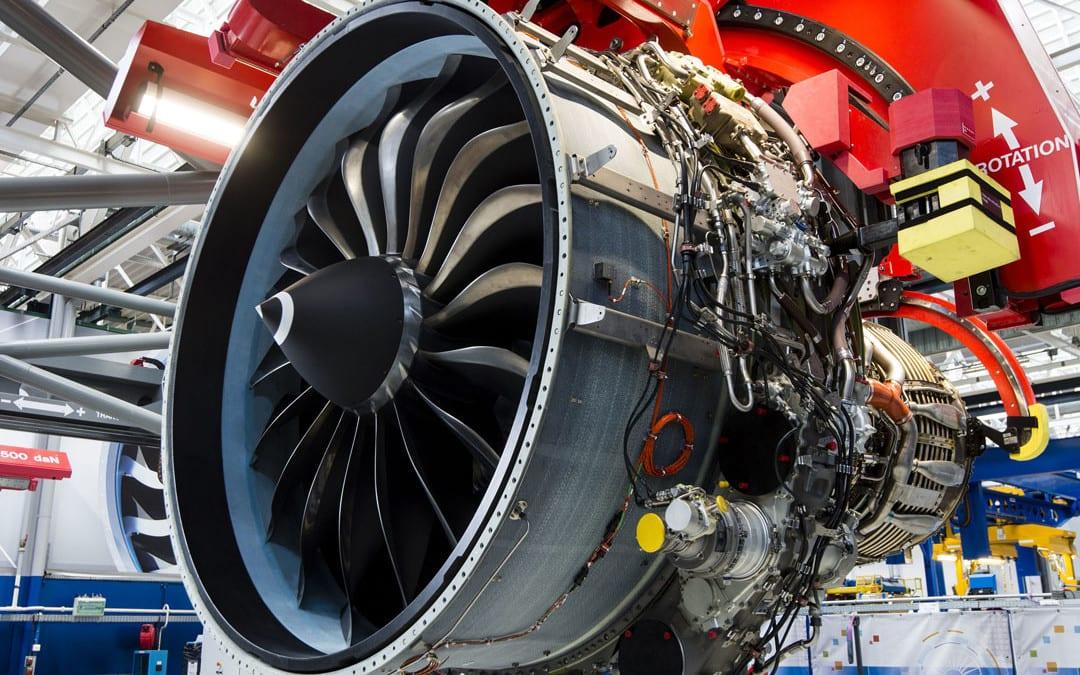
When the new narrowbody types started operating it was relatively difficult for engine lessors to acquire their new engines – the CFM LEAP and Pratt & Whitney – to lease out as spares.
With Pratt & Whitney this was partly due to the OEM’s focus on remedying entry-into-service problems, while at CFM it was all hands to the pump just to meet installed capacity for the ramped-up output of Boeing and Airbus single-aisle aircraft.
Things appear to be changing, though, as Willis Lease Finance has just placed an order for up to 60 LEAP-1A and -1B engine to support its customers’ Airbus A320neos and Boeing 737 Max aircraft.
The deal includes firm orders and options, with deliveries beginning this year
“As we have said before, our customers continue to express their preference to borrow spare engines when they’re needed, rather than owning a large number of engines that will generally be underutilized,” said Charles Willis, chairman and CEO of the engine lessor.
Today, Willis owns only eight LEAP engines, and the sudden increase in supply might be down to the breathing space afforded to CFM by the grounding of the 737 Max.
On the other hand, engine lessors’ demand requirements have also changed in response to the market.
For example, Engine Lease Finance (ELFC), a rival independent engine lessor, has reported that it initially expected to be roughly a quarter of the way through a transition to new-technology narrowbody engines as far back as 2015, but was instead encouraged to stick with older technology for longer
In that year, utilization and lease rates for the CFM56 and V2500 began to rise and are now roughly a third higher than three years ago, a trend that was exacerbated by the grounding of the Max and airlines’ drafting in of older, replacement aircraft.
To find out more about how engine lessors have benefited from the grounding of the Max, see Engine Yearbook 2020.

Comments
Nowadays airlines - using the overly optimistic forecasts of Engine OEMs - are underplanning the spare engine requirements and are covering this gap with Spare Engine Support Contracts with the OEMs.
There will always be Airlines that do not want to put their Engine MRO Business into the OEM basket, but prefer to contract with some of the well-known MROs if the World (AFI, DTO, LHT, MTU, etc.).
So whether they - the Engine OEMs - like it or not, there is a periodic shortage of spare engines built into the Engine Aftermarket system.
It is a form of monopolistic insolence from the Engine OEMs to not allow other parties to buy spare engines at reasonable prices. Some Engine OEMs use all kind of shenanigans to block the acces of other players to their turf. Outrageous and damaging to Customers!
This type of Global Monopolism can be fought only at Global Level, through Global Organizations (ICAO, WTO, A4A, A4E, etc.).